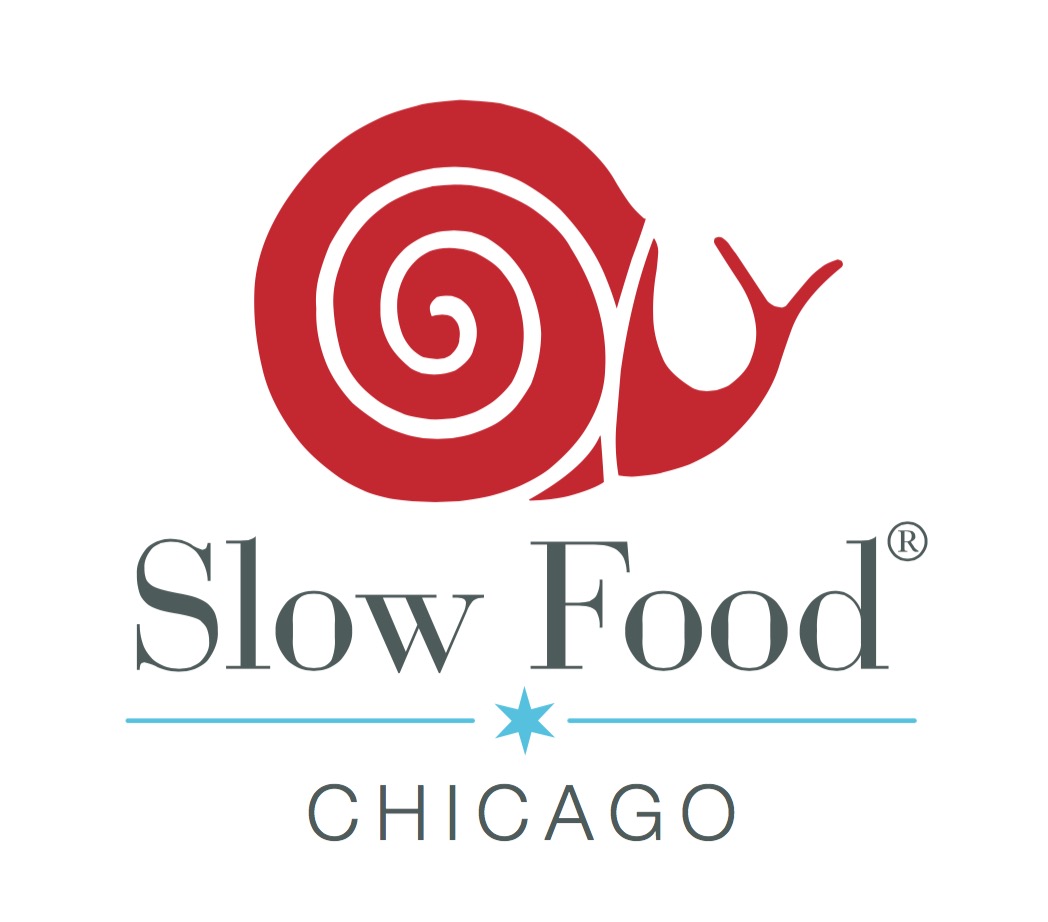Jersey Giant Chickens Help Students Embrace Agricultural Learning at a Southside Chicago Public School
/The following is a guest blog post by current active Slow Food Chicago board member Naaman Gambill (education chair), recounting his experience as a S.O.A. CTE Teacher of Agriculture and Horticulture at CPS' Southside Occupational Academy. Naaman is also the managing partner and head beekeeper at The Hive: Chicago's Beekeeeping Supply Store in North Lawndale.
On the Southside of Chicago, a train rumbles across old tracks in West Englewood, as a large onyx rooster bellows out his crow, challenging any whom might oppose him. The size of this rooster is startling. Weighing over 10 pounds, this Goliath of the chicken coop could easily be mistaken as a tough old bird that has seen many Chicago winters come and go, but in actuality this will be its first; this rooster is less than 8 months old.
New Jersey Giants, are a heritage breed that came into existence in the 1880s by brothers, John and Thomas Black of Burlington, New Jersey. The brothers were looking to replace the expensive turkeys with an affordable big chicken alternative for American families. However, the long-term development of up to 9 months before market ready, made the economics of raising this bird disagreeable to most farmers. Even though this bird is an excellent dual purpose bird (used for both eggs and meat) that does well even in cold climates, it has been placed on the Livestock Conservancy’s “Watch List” do to their lack of numbers. It has also been included as an Ark of Taste breed by Slow Food USA.
Jersey Giant Chickens on the Ark of Taste. Photo from slowfoodusa.org.
Each day, the students of Southside Occupational Academy High School’s, Agriculture class take care of a flock of 24 of these chickens (along with 21 ducks). Split into two groups, one gathering eggs and checking the coop and the other feeding and refilling their fresh water in the run. The students take great care of the animals, checking that the birds are in good health, and carefully collecting the eggs. Each day the students collect over a dozen mocha brown eggs that the Jersey Giant hens have laid. Carefully they place the eggs in a basket and bring them back into their Agriculture classroom to clean, sanitize, sort and label the eggs. These “farm fresh” eggs will then be sold to the staff to take home and the proceeds will go back to the Agricultural program.
This Southside closed-loop system, with their burgeoning entrepreneurs, sounds as if this is some new and exciting Charter school, or maybe a privately financed school led by environmentally-minded philanthropists, but this a Chicago Public School. Being one of only three Special Needs Vocational Schools in the city, here students with a wide array of differing special needs come together to achieve some truly inspiring endeavors. These accomplishments are reinforced daily with the students repeating the Southside motto:
“We Believe in Ourselves”
“We Learn in Different Ways”
“We Understand We are Important”
“We Excel in School, Work, and the Community”
This commitment to self-advocating and respect for others and the environment feeds into the success of all of the programs that these students endeavor. It also resonates most succinctly in their Agriculture program. As an often overlooked and marginalized feathered friend is finding support in a demographic that can truly empathize its plight.
Want to know more about the Ark of Taste? You can view the living catalog here.
Want to learn more about this agricultural approach at Southside Occupational? Get in touch with Naaaman at naaman@slowfoodchicago.org.
















